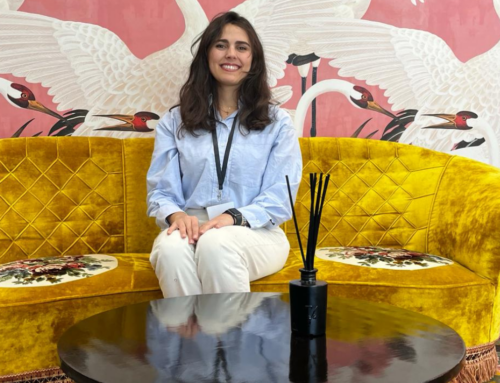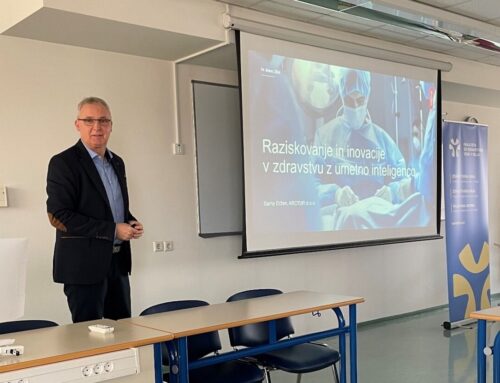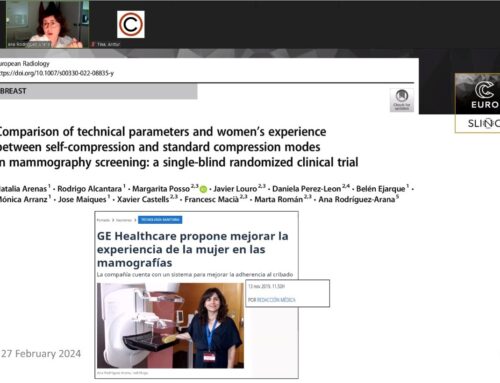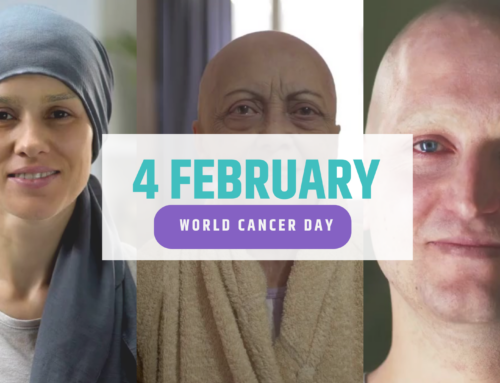Susana Castel is the co-founder and CEO of Frontwave Imaging, a partner of the QUSTom project. She is a biology-scientist and a professional with extensive experience in the management, development, and implementation of new business units and start-ups foundation. In addition, she is dedicated to lending her expertise to companies in all components of the life sciences value chain, from R&D to commercialisation.
More about her: PhD in Cell Biology (UB, BCN) in 2002; Postgraduate in Project Management (UPC, Barcelona). Director of the Confocal Microscopy and Cellular Micromanipulation Facility at the University of Barcelona. Co-Founder & Board Member of Advancell, SA (Barcelona) and Applicacell Biotech SL (Valencia). Strategy advisor & Board Member at Health Engineering SL (Bilbao), Innovation Radar Expert at the Research Executive Agency of the European Commission and Expert Evaluator and Evaluator and Monitor at the Executive Agency for Small & Medium-sized Enterprises and EIC Accelerator of the European Commission. More than 15 years of experience in product lifecycle management from R&D through commercialization in the Biomed and Medtech sectors.
We need more women leaders in science. Many women are working in science (although the number is still too low), but the responsibilities in science, as in business or politics, are not usually in the hands of women. There are a high number of women in universities and research centres, but if we look at the percentages of women who reach leading positions or positions of responsibility, the numbers are scandalously low. I believe that girls and young women without limits can become the leaders of the future
Why did you choose this profession and what motivated you to do it?
When I started my career in 1996 as a researcher it was exciting. It was my dream from a very young age: I used to ask for microscopes and chemistry kits as Christmas presents. I started my research in Cell Biology, and although it was hard, research is always challenging. After the first year of working in research, I started my PhD in Cancer Research. It was basic research, but it was in collaboration with a pharmaceutical company. This fact marked my relationship with science: the results of my research, from addressing health problems to scientific and technological breakthroughs, could have benefits and a positive impact on society. At the same time, I created and directed the confocal microscopy unit at the University of Barcelona. Already at that time, I was not a typical cell biologist as I worked a lot with organic chemists, biophysicists and engineers. In addition, I spent many years working in image analysis, I was one of the founders of the first start-ups in Spain and I followed my path in applied science. This mixed profile led me to move away from basic science and I specialized more and more in getting science results to the market and society. For the last 16 years I have been dedicated more to business, investments and technology transfer, but always with a very close relationship with science. It is exciting.
Have you encountered any challenges as a woman in pursuing your research career?
I hope that young women today do not have the same difficulties, but the truth is that I did encounter quite a few stumbling blocks, especially when I was working more in physics and engineering fields. Because I was a woman (and young), I had to prove a lot more than many men. For a woman, it is often a challenge to prove that she can be as good a researcher or better than a man. Fortunately, I think this perception has changed a lot, although there is still a long way to go. But let’s not forget that research requires a lot of dedication, and if there is no real balance between family life and work, it will be very difficult for many women to get where they should be able to get to.
Do you think it is important to make girls and women in the field of science more visible? Why?
We need more women leaders in science. Many women are working in science (although the number is still too low), but the responsibilities in science, as in business or politics, are not usually in the hands of women. There are a high number of women in universities and research centres, but if we look at the percentages of women who reach leading positions or positions of responsibility, the numbers are scandalously low. I believe that girls and young women without limits can become the leaders of the future.
What will be your contribution to the QUSTom project?
Frontwave Imaging is very interested in getting the results of QUSTom to the market and, therefore, to society. As CEO of Frontwave I work closely with the IP manager in exploitation matters and with Cristina Duran, member of our team and responsible for regulatory, in the development and regulatory aspects. There are several of us at Frontwave Imaging working on QUSTom (all women) and the others ((Natalia and Claudia) are dedicated to the scientific validation of the technology and the development of a prototype imaging software.
Do you think that QUSTom and the solution it proposes can contribute to areas that go beyond cancer? In this sense, what do you hope QUSTom can achieve beyond the life of the project?
Cancer is a starting point for the technology we are developing at QUSTom. Even more, we are starting with breast cancer imaging, but the technology could be applied to other parts of the body and other pathologies that can benefit from USCT imaging.
QUSTom is the start for this technology to establish first in the diagnosis and detection of breast cancer, and then spread to other parts of the body. After demonstrating technically during the development of QUSTom that this is possible, there is a thorough work to prove and convince the medical community and society of its use and benefits, as well as to be able to perform an industrial scaling that allows this adoption in real life.
How do you like it so far?
We are on the right track, there is still a long way to go, but we have achieved important milestones. Now, we also have to prove it in a clinical proof of concept.
Do you have any advice for young researchers who would like to follow in your footsteps?
It is a laborious and hard road, but it pays off. There is nothing better than being able to work in what you love. It’s exciting, and they can do it. Above all, I would say to them: never let anyone tell you or try to convince you that you can’t make it, not even using the work-life balance argument. Reconciling, we all reconcile, not just women.






